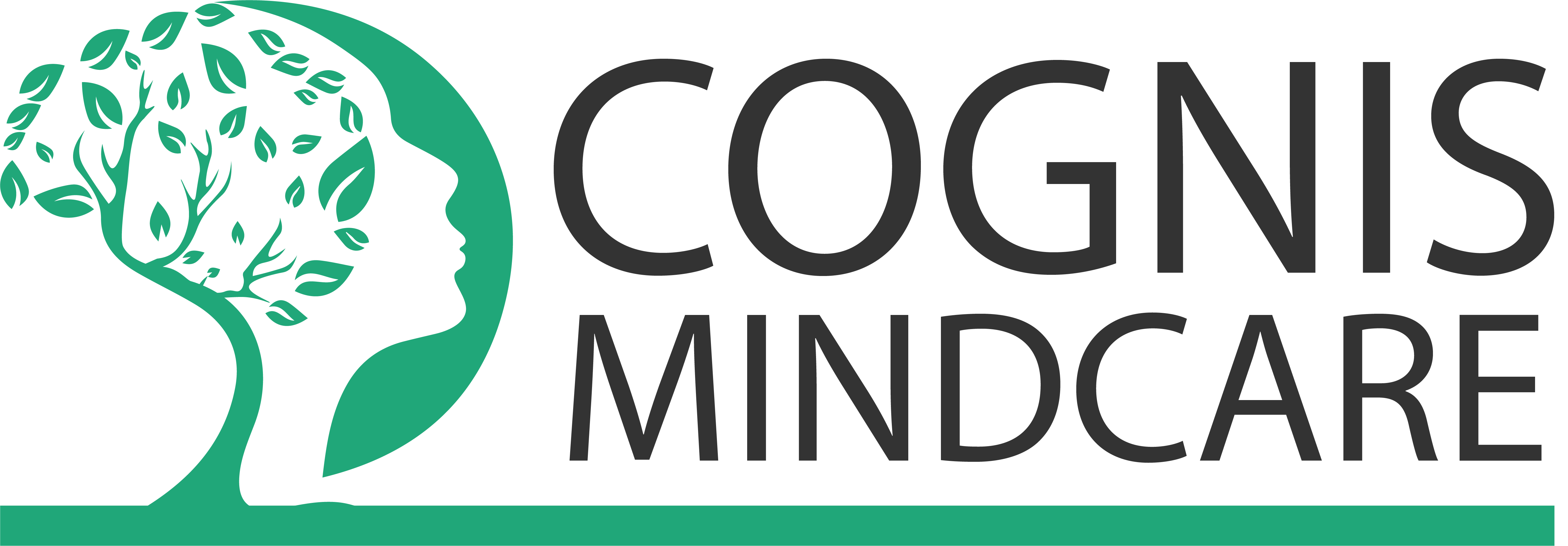
What is it?
Anxiety is the mind and body’s response to stressful, dangerous, or unfamiliar situations, characterized by feelings of tension, worry, and physical changes like increased blood pressure. While some anxiety can help us stay alert and aware, excessive anxiety may develop into an anxiety disorder. Anxiety disorders involve recurring intrusive thoughts or concerns, prolonged fear or arousal in response to ambiguous or unspecific threats and impact an individual’s well-being.
What are the symptoms?
Symptoms of anxiety disorders can be physical, mental, or behavioral and vary depending on the specific disorder.
Physical symptoms:
- Cold or sweaty hands
- Dry mouth
- Heart palpitations
- Nausea
- Numbness or tingling in hands or feet
- Muscle tension
- Shortness of breath
Mental symptoms:
- Feeling panic, fear, and uneasiness
- Nightmares
- Repeated thoughts or flashbacks of traumatic experiences
- Uncontrollable, obsessive thoughts
Behavioral symptoms:
- Inability to be still and calm
- Ritualistic behavior, such as washing hands repeatedly
- Trouble sleeping
Childhood Anxiety Symptoms:
- Difficulty concentrating
- Sleep disturbances or nightmares
- Poor appetite
- Quick temper or irritability during outbursts
- Constant worry or negative thoughts
- Tension, fidgetiness, or frequent bathroom use
- Persistent crying
- Clinginess
- Complaints of stomachaches or feeling unwell
How common is it?
Approximately 1 in 30 Indians suffer from anxiety or panic disorders, affecting their daily lives and overall well-being.
How does it impact a person’s life?
Anxiety disorders can lead to avoidance of certain situations or social settings due to fear, impacting an individual’s performance and personal relationships. The constant state of stress and agitation may result in difficulty concentrating, irritability, and physical symptoms that interfere with daily life.
How is it treated?
Treatment for anxiety disorders typically involves a combination of psychotherapy, behavioral therapy, and medication.
Medications help alleviate the symptoms and prevent further relapses. Psychotherapy, such as cognitive-behavioral therapy (CBT) or other forms of therapy, can be beneficial for addressing anxiety. Stress management techniques, meditation, and lifestyle changes can also assist in managing anxiety and improving the effectiveness of therapy.
It’s important to note that anxiety disorders are treatable, but only one-third of those affected receive treatment. Additionally, anxiety disorders often co-occur with other mental health conditions, and symptoms can be exacerbated by certain medical issues like heart, lung, and thyroid conditions. Women are more likely than men to experience anxiety disorders, and multiple anxiety disorders exist, each with unique symptoms and treatment approaches.
At Cognis Mindcare, we offer comprehensive treatment plans tailored to each individual’s needs, combining the most effective therapies and medications to help our clients overcome anxiety and panic disorder and achieve lasting recovery.
